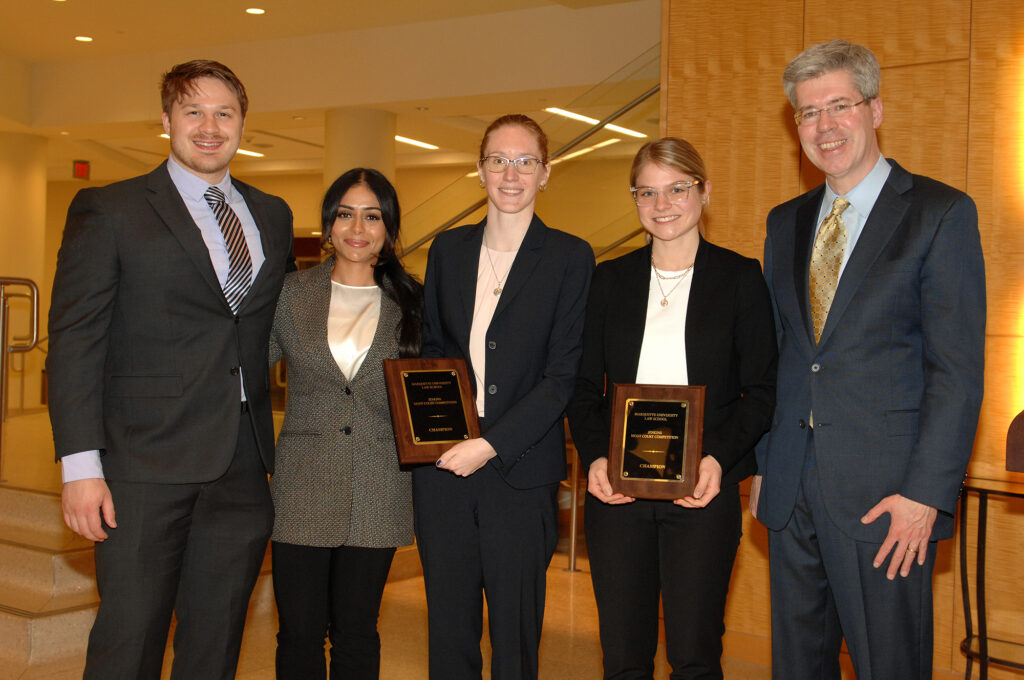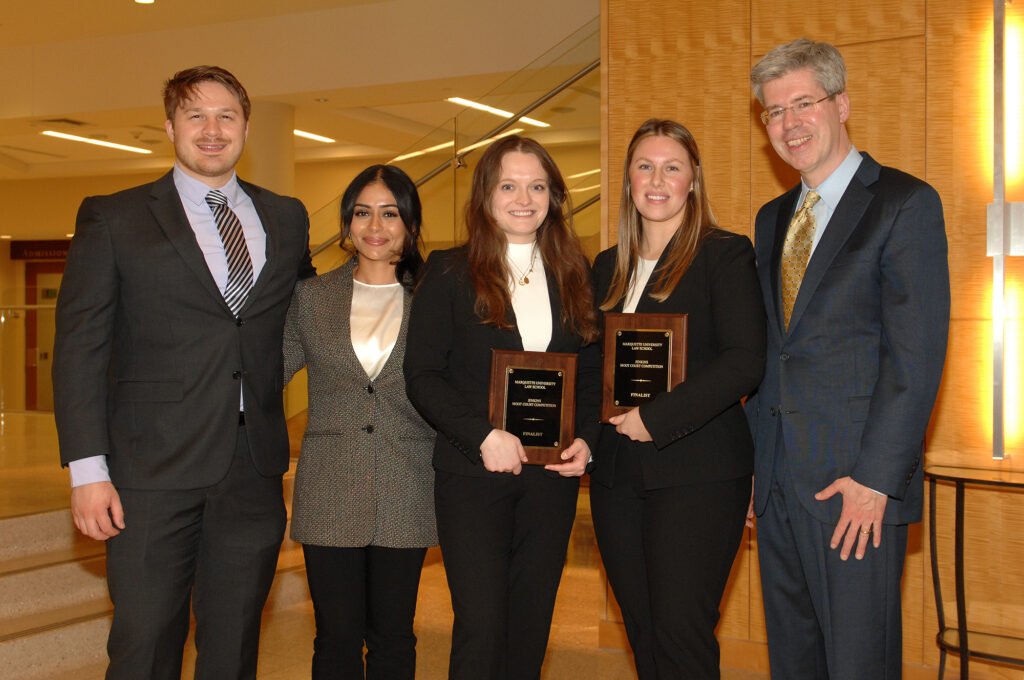Incumbency Advantage in the 2022 Wisconsin Assembly Election
Incumbency advantage is not dead yet, despite the increased nationalization of down ballot elections. Many electors vote a straight ticket, but incumbents of both parties do measurably better than non-incumbents in similar races. This blog post considers the size and impact of incumbency advantage in Wisconsin’s 2022 Assembly races. My analysis finds that candidates running for reelection in wards they already represented improved their vote margin by about 4 points over what we’d expect in an open race.
Incumbents have two main advantages over a typical challenger. We expect them to run better campaigns due to having more experience and resources. Voters are also usually more familiar with them, thanks to years of official mailings, public appearances, and yard signs.
Because the past election took place immediately after redistricting, it offers a once-in-a-decade opportunity to measure the performance of incumbents in two situations. Prior to the 2022 election, the boundaries of each Assembly district were tweaked to equalize population. Consequently, when incumbents ran for reelection, they did so in districts containing areas they previously did not represent. In these new wards, we expect the incumbents to benefit from superior campaign organization, but not from legacy name recognition.


